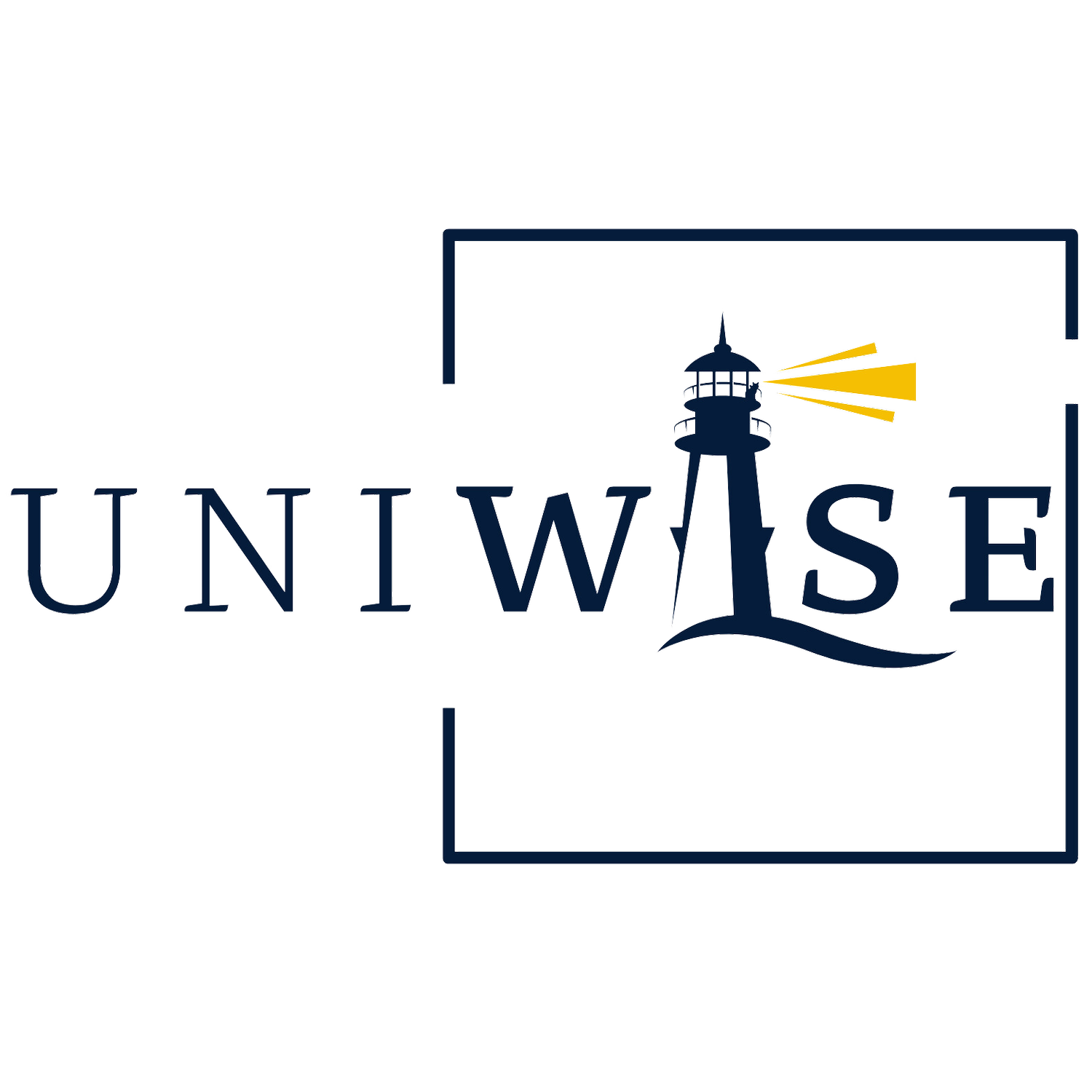Top 5 Ivy League Application Mistakes (and How to Avoid Them)
Every year, tens of thousands of academically strong students apply to the Ivy League—yet the majority are rejected.
Most rejections at top US universities aren’t necessarily due to poor grades or a lack of extracurriculars. Instead, they often come down to subtle but critical mistakes in application strategy, timing, and narrative.
At UniWise, our consultants have identified five common errors that can quietly undermine an otherwise strong profile. Whether you’re preparing to apply or planning ahead, avoiding these mistakes can significantly improve your chances of Ivy League admission.
Mistake 1: Starting Too Late
In Ivy League admissions, the process begins much earlier than most students realise.
US universities typically review academic transcripts from Grade 9 onwards. That means your performance and activities from age 14–15 already contribute to your final application.
Waiting until Grade 11 or 12 to “get serious” is a critical error. By then, key opportunities—such as subject exploration, academic rigour, meaningful extracurricular involvement, and early testing—may have been missed.
What students should do instead:
Build a strong academic foundation from Grade 9
Explore interests through research, competitions, or enrichment early on
Start preparing for standardised tests (SAT/ACT) before Grade 11
Track achievements and reflect regularly to prepare for future essays
📌 Early preparation allows students to demonstrate depth, consistency, and growth—all of which Ivy League admissions teams highly value.
Mistake 2: Submitting Generic or Overused Essays
The personal statement and supplemental essays are often the most underutilised components of the Ivy League application.
Too many students rely on vague, cliché-driven writing that fails to differentiate them. Phrases like “I love helping people” or “I’ve always been passionate about learning” offer no insight into the student’s unique character or perspective.
What Ivy League schools look for:
Authentic voice and personal reflection
Specific, well-structured stories with emotional or intellectual depth
Evidence of critical thinking, resilience, or curiosity
Tip: Students should avoid over-editing and “forced narratives”. Admissions officers are trained to spot overly polished or inauthentic essays.
Mistake 3: Choosing the Wrong Recommenders (or Not Guiding Them)
Letters of recommendation play a pivotal role in elite US admissions. Yet many students make the mistake of choosing teachers who know them well personally—but can’t comment meaningfully on their academic or intellectual qualities.
Others fail to provide context, leading to generic or vague references.
What students should do instead:
Select teachers who can speak to classroom contributions, academic rigour, and potential
Provide a recommendation briefing sheet with key achievements and talking points
Maintain respectful follow-up to ensure recommendations are submitted on time
📝 A powerful letter can bring an application to life; a weak one can dilute it.
Mistake 4: Playing It Safe With Activities
Many Ivy League applicants submit a “safe” activities list: prefect roles, standard CCAs, some volunteer work. While commendable, these activities often lack the depth or uniqueness that top-tier universities are looking for.
The Ivy League values students with a clear academic or personal ‘spike’—a standout passion, skill, or initiative that shows independent thinking and impact.
How students can stand out:
Go deep in one or two areas (e.g. research, creative projects, entrepreneurship)
Start their own initiative or competition
Pursue real-world outcomes (e.g. publishing, launching, scaling a project)
⚡ Admissions officers are looking for future leaders, creators, and thinkers—not generalists.
Mistake 5: Applying Without Considering 'Fit'
Applying to all eight Ivy League schools with the same application materials is a strategic error.
Each Ivy has its own academic structure, community values, and admissions criteria. For example:
Brown offers an Open Curriculum and values intellectual independence
Princeton places strong emphasis on research and traditional academics
What students should do:
Research each university’s offerings, values, and admissions ethos
Tailor supplemental essays to demonstrate alignment
Avoid copy-pasting the same content across multiple applications
🎯 Demonstrating a strong school-specific fit significantly boosts your chances—especially at selective institutions.
🚀 UniWise Admissions Consulting: Your Success is Our Mission
University applications can be a challenging and daunting endeavour. However, engaging with a team of trusted admissions consultants simplifies the process and greatly enhances your chances of securing an offer by up to 4x.
Reach out to learn how we can help you achieve your university dreams. ⭐





